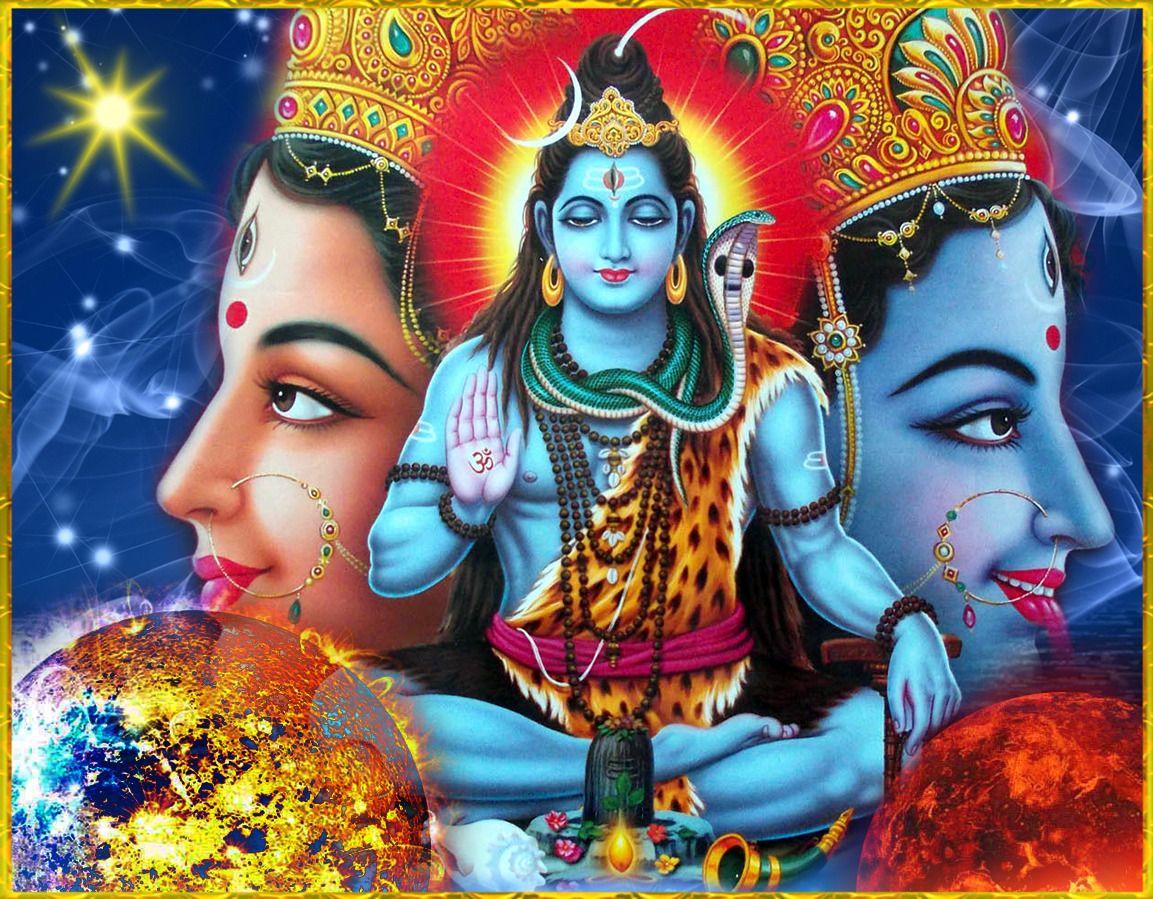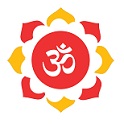No products in the cart.
Brahma’s son King Kshupa and Maha Muni Dadhichi the son of Maharshi Chyavana were good friends but got entangled in an argument whether Kshatriyas were superior to Brahmanas. The King argued that the ‘Ashtadikpalakaas’ or the Rulers viz. Agni, Indra, Varuna, Vaayu, Nirruti, Kubera and Yama and Soma and Kingship had the last ‘say’ in goverenance. Dadhichi was enraged and did the indiscretion of hitting the King on his head by his left fist; the King retaliated and hit Dadhichi by his ‘Vajra’and Dadhichi fell down badly hurt and was almost dead; the dying Muni remembered Maharshi Sukracharya the Danava Guru who appeared and entered Dadhichi’s body and administerd Sanjeevani Vidya ; the Guru utilised the Vidya which was bestowed to him by Maha Deva by pleasing him for thousand years of rigorous of Tapasya. Then, Sukracharya commended Dadhichi to fully surrender to Maha Deva and engage himself with relentelss Tapasya to conquer Mrityu; he preached the unique Sanjivini Vidya to Dadhichi and highlighted the significance of the Maha Mantra as follows:
Triabmakam yajemahey Trilokya Pitaram Prabhum,
Trimandalasya pitaram Trigunaysya Maheswaram/
Tritatwasya Trivahnescha Tridhaabhutasya Sarvatah,
Tridevasya Mahadevam sugandhim pustivardhanam/
Sarva bhuteshu Sarvatra Triguney Prakrutou tathaa,
Indrayeshu Tathaanyashu Deveshu cha Ganeshucha/
Pushpeshu Gandhavat sukshmah Sugandhih Parameshwarah,
Pushtischa Prakrutir yasmaat purushasya Dwijottama/
Satyenaanena Muksheeyaanmrityu paashaadbhava swayam/
(I pray to Triambaka who is the Swami of Trilokas; the Three Tatwaas, Three Agnis,Three Bhutas and Three Vedas are enriched by Maha Deva’s Sugandhi and Pushti or fragrance and vigour; the essence of fragrance among flowers is Maha Deva Himself and the unique Shakti or Power too is of Maha Deva. The growth and significance of the Tatwas as displayed among Munis, Devas, Indra, Brahma and Vishnu are also originated from Maha Deva; the extraordinary radiance and high heat of Three Kinds of Agnis too is created by Maha Deva; the Pushti and Sugandha enjoyed by Sarva Bhutas or Beings, Trigunaas, Devis in the Rupas of Prakriti emerge from Maha Deva only. It is through ‘Satya’ or its broad sense of Virtue alone that the various ‘bandhanas’ or fetters could be terminated and Moksha is achieved).
Then Guru Shukracharya imparted the Sanjeevani Maha Mantra to Dadhichi Maha Muni; the latter performed Japa and Homa, drank the ‘Abhimantrita Jala’ or the Sacred water that absorbed the Mantra day and night and was engaged in ‘Shivaaraadhana’ or Worship to Shiva for long; in course of time, Dadhichi secured a backbone far harder in several multiples than the Vajra with which King Khsupa nearly killed Dadhichi; in fact his backbone turned so invincible that at a later date, Indra appealed to the Muni at the instance of Vishnu to sacrifice it by way of a yogic self-termination so that the backbone was materialised as the famed ‘Vajrayudha’ of Indra in the context of Vritrasura’s killing and the Maha Muni acquiesced for the great cause of ‘Loka Kalyana’ or for Universal Benefit and gave away voluntarily. As Dadhici accomplished indestructibility of his bones thanks to his exemplary devotion to Parama Shiva, the Muni retaliated King Kshupa and hit him hard when the latter remembered Vishnu and prayed to him very sincerely:
Mahadeva Jagannadha Pitamaha Jagadguro,
Praseeda Devadevesha praseeda Parameswara/
Praseedatwam Jagannaatha shranyam sharanam tatah,
Vaikuntham Shourey Sarvajna Vaasudeva Mahaa bhujah/
Sankarshana Mahaa Bhaaga Pradyumna Purushottama
Aniruddha Mahaa Vishno Sadaa Vishno Namostutey!
As Bhagavan appeared before the King who was a life -long Bhakta of his, the King narrated the entire background as to how he was insulted and humbled and requested Vishnu that Dadhichi the invincible due to his devotion to Shiva had turned arrogant and hence must be taught a lesson. Vishnu assumed the form of a Brahmana and sought a boon from Dadhichi, the Shiva Bhakta. As Dadhichi had the powers of recognition, he recognised Vishnu and a smiling Vishnu complimented the Muni and stated that since the Muni was a Shiva Bhakta he should be afraid of nothing including Vishnu. As Dadhichi asserted so and even belittlled Vishnu; Vishnu grew angry with the brazen and bold behaviour of the Muni, and got ready to fight; as Vishnu readied to instruct his Sudashana Chakra, Dadhichi joked that Shiva gifted the Chakra and thus would not hurt a Shiva Bhakta and similarly Brahmastra would not work anyway. Vishnu got furious and tried various other Astra-Shastras but Dadhichi used Kusha grass tops and the Vishnu’s Astras proved ineffective. As a final resort Vishnu spread his Maya and created crores of his own Swarupas, crores of Devas and of Munis. Dadhichi shouted on Vishnu, ‘Lord! Please do not utilise your old tricks of Vishnu Maya on me but instead look at me as Parama Shiva in whose body you could vision every body including yourself and the entire ‘Brahmanda’. As Dadhichi said so, Devatas got frightened and flew away and Vishnu became still and motionless! Dadhichi then cursed Devas for their deeds against him and forewarned them that at the time of Daksha Yagna in the future, Rudra Deva would teach a lesson to all including Vishnu! As the Maharshi said this and returned to his ‘Ashram’, everybody including Brahma and Devas, let alone the King Kshupa followed him and paid respects to him and that Place came to be famed as Sthaaneshwara there after.
Those who achieve this Kshetra would indeed attain Shiva Saayujya. Those who hear or recite the happenings between King Kshupa and Muni Dadhichi and the magnificence of Maha Deva would never have fear of death and attain Brahmaloka after a contented and successful life!
Disclaimer : Compiled, Composed and Interpreted by V.D.N.Rao and first appeared on Kamakoti.org







